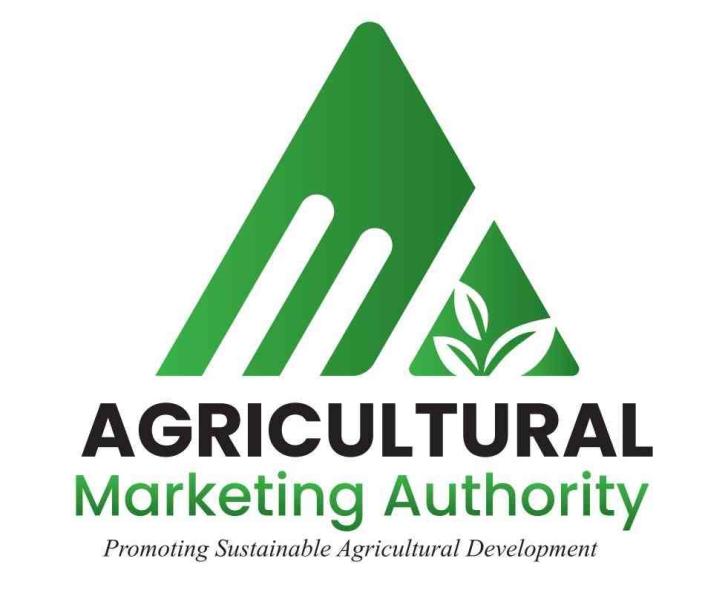News / National
Farmers face fines for diverting agric inputs
22 Nov 2024 at 07:11hrs |
0 Views

The Agricultural Marketing Authority (Ama) has expressed serious concern over the rising cases of input abuse and side marketing, issuing a stern warning to farmers caught misusing government-distributed inputs under key agricultural programs such as the-PFumvudza/Intwasa and the National Enhanced Agricultural Productivity Scheme (NEAPS).
Ama CEO Clever Isaya emphasized that the misuse of these critical inputs not only undermines the government's efforts to enhance food security but also disrupts market stability. "Inputs provided under these schemes are a national investment in food security and agricultural resilience," Isaya said. "Their misuse jeopardizes household food supplies and reduces the overall agricultural productivity needed to feed the nation."
The authority has warned farmers that those caught abusing inputs could face severe consequences, including fines of up to level four, imprisonment for up to three months, or both.
Isaya reiterated that Ama has offices across the country to assist farmers in accessing information about proper marketing channels and compliance with regulations. He urged farmers to make use of these regional offices to better understand their obligations and learn how to market their produce in a way that complies with legal and economic guidelines.
"Ama remains committed to supporting Zimbabwe's agricultural sector by fostering fair trade, enhancing productivity, and safeguarding the resources invested in farming programs," Isaya stated. "We want all farmers, from communal to commercial, to understand their responsibilities under the law and the economic impact of non-compliance."
Under Statutory Instrument 79 of 2017, inputs such as seed, fertilisers, and chemicals provided through these government schemes are strictly designated for their intended agricultural uses, with all contracted produce required to be delivered to approved depots.
The government has highlighted the importance of the-PFumvudza/Intwasa scheme, particularly in drought-prone areas, as a key initiative to boost food security at the household level. This program, along with NEAPS, is seen as central to the country's strategy for mitigating food shortages and ensuring agricultural resilience.
As Zimbabwe braces for a promising farming season, weather forecasts indicate a return to normal to above-normal rainfall for the 2024/25 season, following the challenges posed by last year's El Niño-induced drought. While some areas may still experience normal to below-normal rains in the early part of the season, experts predict improved conditions from January to March 2025, bringing hope for a stronger agricultural output.
Ama's crackdown on input abuse comes at a critical time as Zimbabwe seeks to recover from the effects of the previous drought and improve its food security for the long term.
Ama CEO Clever Isaya emphasized that the misuse of these critical inputs not only undermines the government's efforts to enhance food security but also disrupts market stability. "Inputs provided under these schemes are a national investment in food security and agricultural resilience," Isaya said. "Their misuse jeopardizes household food supplies and reduces the overall agricultural productivity needed to feed the nation."
The authority has warned farmers that those caught abusing inputs could face severe consequences, including fines of up to level four, imprisonment for up to three months, or both.
Isaya reiterated that Ama has offices across the country to assist farmers in accessing information about proper marketing channels and compliance with regulations. He urged farmers to make use of these regional offices to better understand their obligations and learn how to market their produce in a way that complies with legal and economic guidelines.
"Ama remains committed to supporting Zimbabwe's agricultural sector by fostering fair trade, enhancing productivity, and safeguarding the resources invested in farming programs," Isaya stated. "We want all farmers, from communal to commercial, to understand their responsibilities under the law and the economic impact of non-compliance."
Under Statutory Instrument 79 of 2017, inputs such as seed, fertilisers, and chemicals provided through these government schemes are strictly designated for their intended agricultural uses, with all contracted produce required to be delivered to approved depots.
The government has highlighted the importance of the-PFumvudza/Intwasa scheme, particularly in drought-prone areas, as a key initiative to boost food security at the household level. This program, along with NEAPS, is seen as central to the country's strategy for mitigating food shortages and ensuring agricultural resilience.
As Zimbabwe braces for a promising farming season, weather forecasts indicate a return to normal to above-normal rainfall for the 2024/25 season, following the challenges posed by last year's El Niño-induced drought. While some areas may still experience normal to below-normal rains in the early part of the season, experts predict improved conditions from January to March 2025, bringing hope for a stronger agricultural output.
Ama's crackdown on input abuse comes at a critical time as Zimbabwe seeks to recover from the effects of the previous drought and improve its food security for the long term.
Source - newsday
Join the discussion
Loading comments…



























